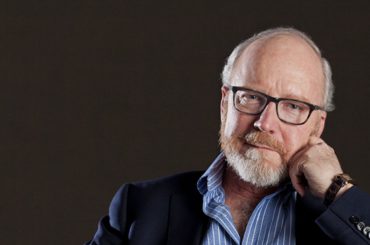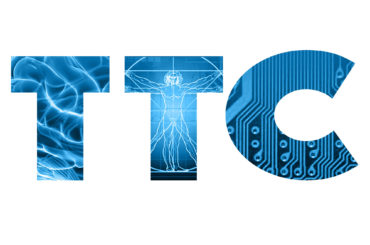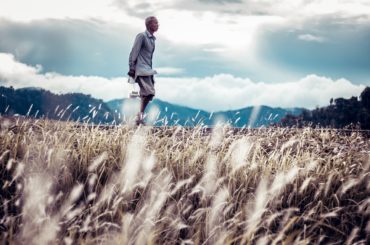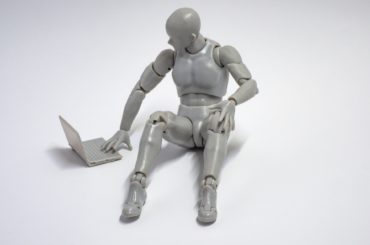Tim Chang is a Partner at Mayfield Fund, focusing on venture capital investments in consumer internet, digital media, eCommerce marketplaces, health and wellness. He has been twice named to the Forbes Midas list of Top Tech Investors. Tim led Mayfield’s investments in MOAT (acquired by Oracle), Basis (acquired by Intel), Fitmob (acquired by Classpass), Ript Labs, Grove Collaborative, Massdrop, Pillow, HealthTap, 3Drobotics, and Lantern.
What is your investment lens this year?
In the past, we’ve always focused on how technology transforms markets. Does it make people more efficient as consumers, as businesspeople, as workers? Does it make us more productive? But I think now we’re also looking at whether it is making us more healed, more in touch with our consciousness, more connected with ourselves and each other. We’re trying to use (this period) as an opportunity to revisit fundamental assumptions of how we did things, and maybe shift towards business as better, not just rush to business as usual. I think COVID is revealing the weaknesses and highly centralized structures that we’ve built through trying to maximize convenience, efficiency, scale. In crisis those systems can be really frail, almost like a house of cards. It’s time to not just have a great pause, but a great reboot, a great firmware upgrade. It’s not good enough to just ask, “Will this startup be profitable? Will it scale? Will it be a unicorn?” Fundamentally, there’s another question to add to the equation which is, “Is this good for humanity and the planet?” What this means is we won’t invest in certain business models and certain areas even though they could be wildly profitable.
As Mayfield has adjusted, what has been the reaction of your limited partners and peers?
There is a rising groundswell to want to do better. I was so thrilled when we were raising our new fund earlier this year and an LP actually asked me point-blank, “What is Mayfield doing to support the United Nations’ sustainable development goals?” I’ve never heard that before. That gave me such hope that the sources of money care about more than just the returns, that they care about the impact and value. There’s been an assumption that you have to give up returns for impact or to do good for the world. But I think there are case studies like Beyond Burger, Tesla and others that show you can do well by doing good.
Where do you see consciousness, consumer technology and community interconnecting?
There’s always been an interest in using technology and ancient wisdom practices and traditions to explore consciousness. Initially, at least in Silicon Valley and some of the communities, it has been more out of curiosity, self-reflection and desire for self-growth. But I think what’s changed this year is that the global pandemic, the awareness of racial and systemic injustice in capitalism, weaponization of media, the mental health crisis overall, plus climate collapse are really putting a fine point on how urgent it is to really uplevel our consciousness individually and collectively. This is about fundamental reparation: repair and healing that need to be done. Our thesis at Mayfield is that that healing for the world starts within. Technology can be a tool for it, but it needs to be wielded with that intention. Just like AI, cryptocurrency, psychedelics or even meditation are not the solution, there’s no silver bullet in any of these things. Crisis creates a really crisp intention on what we have to do.
As the world is becoming increasingly more digitized, what are your thoughts on upskilling and the future of work?
Algorithms, AI and other things will automate and make things efficient. So what’s left is the human part. We need to get better at how we connect with each other, and that starts with internal work. Do you know your biases? Do you know your blind spots? Do you know your lineage? Do you know your shadow side? Do you know your gifts? And that often is informed by our trauma, our healing work that we’re doing, which also is what gives birth to our superpowers. The more you know your superpower, the more you can share and connect with others. This is the next great innovation. It’s a kind of human connection, human emotional wellness, understanding and competency, emotional fluency, which translates into how we communicate, express and work with others. That’s something AI can’t do for us, that’s the skill set that we have to get.
By Anastasia Ustinova for Transformative Technology






1 Comment
Pingback: Why The Next Decade Will Be Our Best One Yet – Transformative Technologies Conference